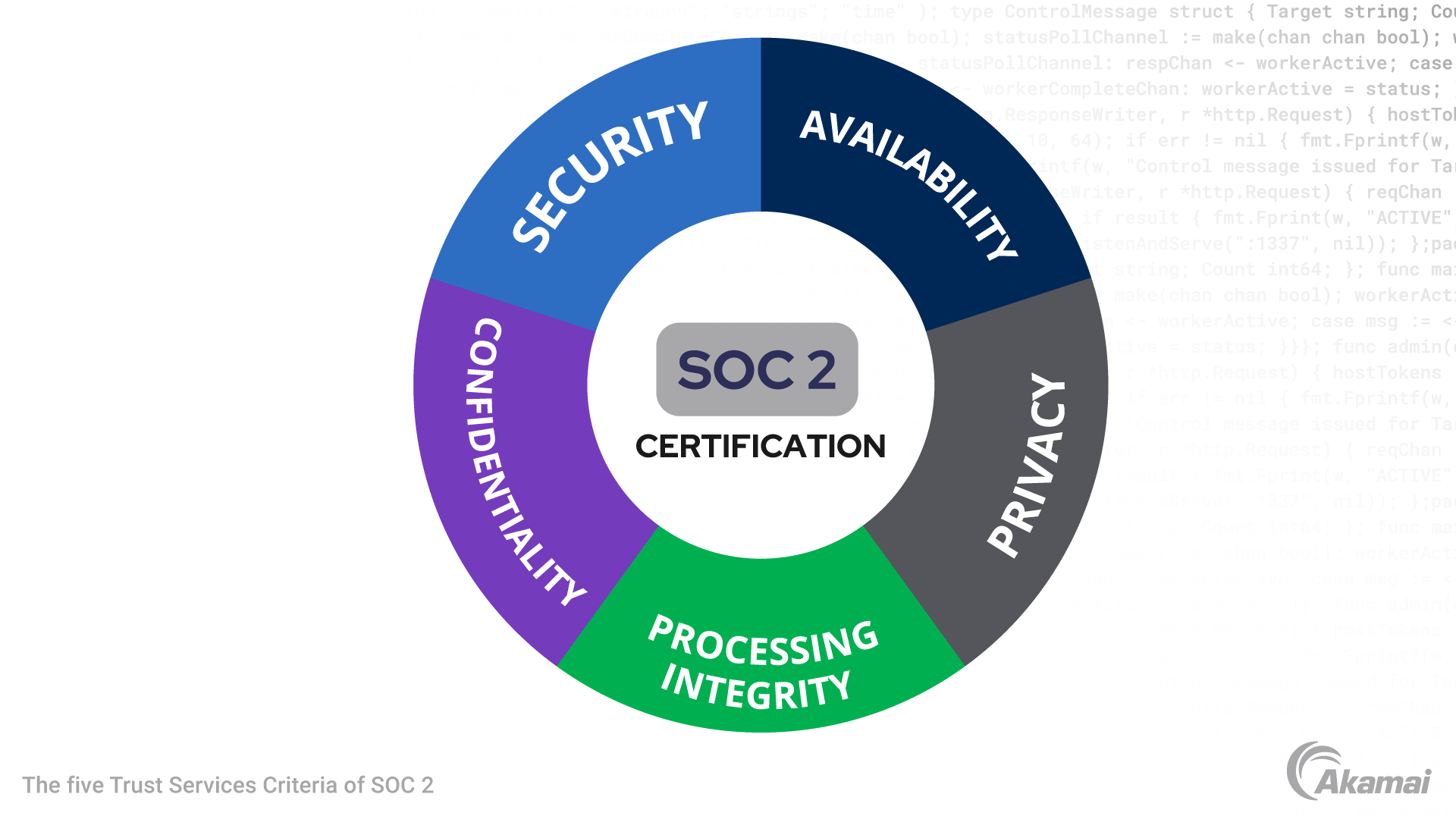SOC 2 applies to technology service providers or SaaS companies that store, process, or handle customer data. SOC 2 extends to other third-party vendors that handle/provide data and apps and is used to demonstrate the systems and safeguards in place to ensure data integrity. SOC 2 compliance can help to make purchase decisions and is a part of risks associated with vendor management.
Cloud and IT service providers
According to Thales and 451 Research, 66% of businesses store up to 60% of their sensitive data in the cloud. Also, the number of companies experiencing a data breach involving a cloud application increased from 35% in 2021 to 45% in 2022. Demonstrating compliance with SOC 2 allows a technology vendor to prove they use security controls, such as two-factor authentication. This is an essential competitive differentiator in an era when cloud and IT security are potentially high-risk service areas. Cloud security breaches that impact the entire chain are increasingly common; a cloud and IT service provider that demonstrates SOC 2 compliance will prove that information security is a core value.
Clients of cloud and IT service providers
By choosing a vendor with proven SOC 2 assurance, your organization will have a transparent audit with SOC reports defining the risks and controls used by the third-party vendor. These standards and information security measures will percolate into your organization, providing the assurance of data security needed for internal standards and regulatory requirements.
Other connected supply chain vendors
Supply chain attacks increased by more than 600% in 2021/2022. Attacks such as the zero-day MOVEit Transfer proved how impactful and broad these attacks have become. Akamai’s security research around the MOVEit attack found alarming numbers of vulnerable internet-facing servers. These sorts of vulnerabilities are targeted by cybercriminals who use supply chain vendors to access lucrative networks higher up the chain. Supply chain vendors who prove SOC 2 compliance can demonstrate their commitment to data security.


